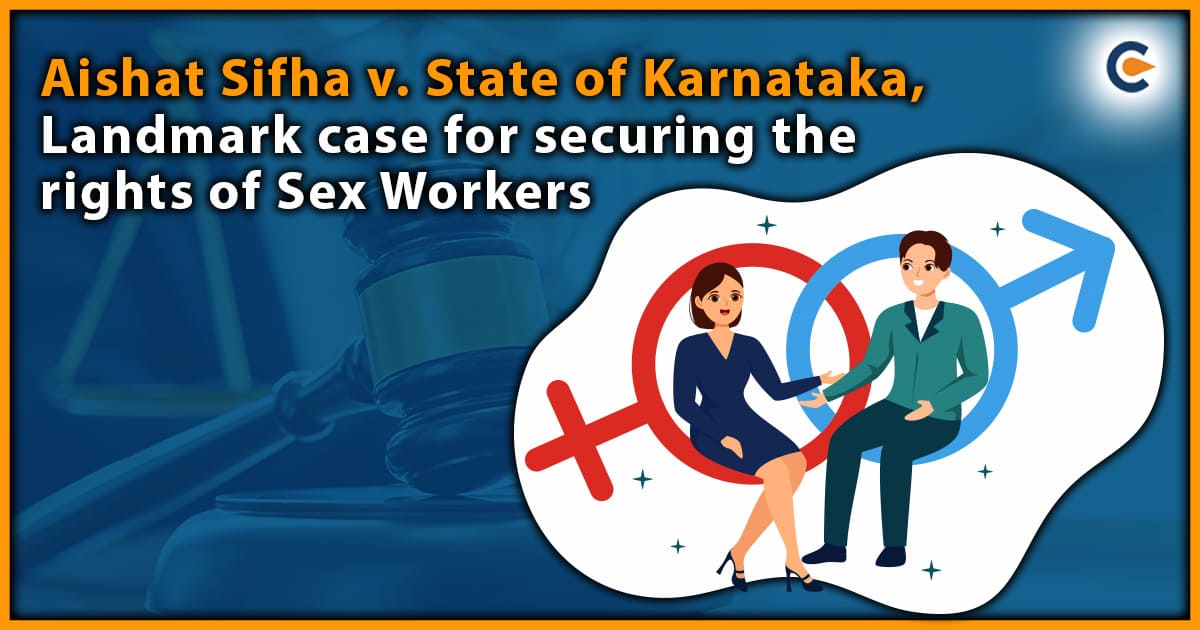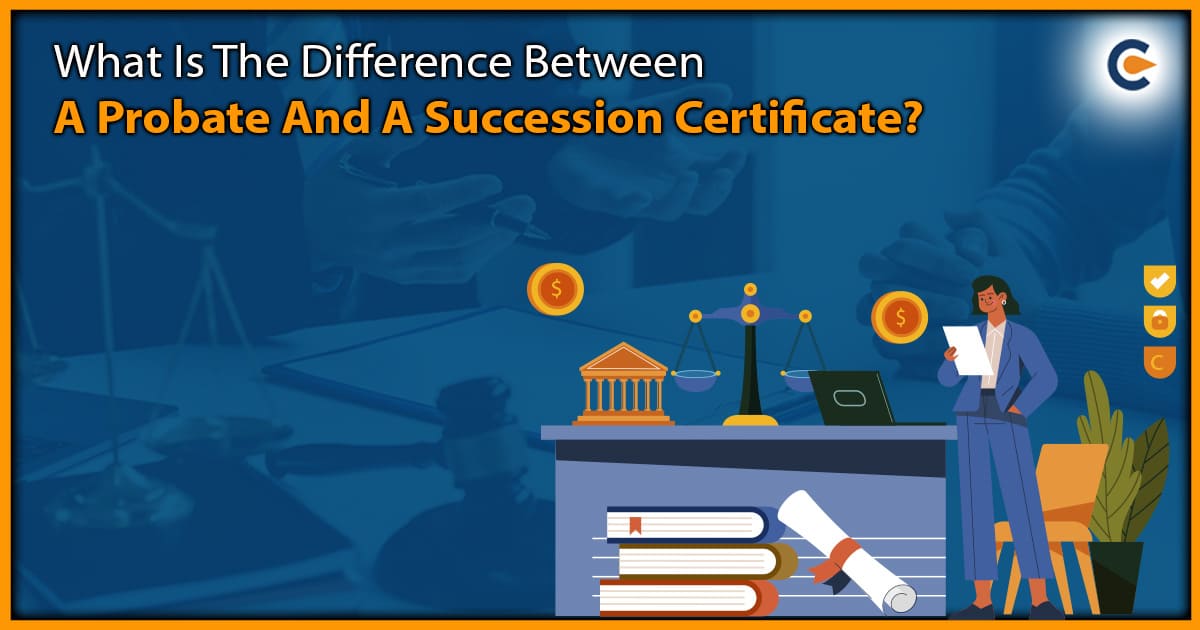A Special Leave Petition (SLP) is a legal remedy provided by the Indian legal system to appeal a judgment or order passed by any court or tribunal. SLP is filed in the Supreme Court of India[1], which has the discretion to either accept or reject it. However, there are certain situations where an SLP is not maintainable, and this blog will discuss those situations.
What is meant by Special Leave Petition (SLP)?
Any decision or order made by a court, including one from the High Courts, Tribunals, or even lower courts, is subject to an SLP. However, the SLP can only be filed on certain grounds, such as a substantial question of law or the interpretation of the Constitution.
The SLP is an important legal remedy that ensures access to justice for individuals or organizations who may have exhausted all other legal remedies or face a grave injustice. It provides an opportunity for such parties to seek relief from the highest court of the land.
The Supreme Court has the power to stay the operation of the lower court’s judgment or order while the SLP is pending. This stay ensures that the parties who have been adversely affected by the lower court’s judgment or order can seek relief from the highest court without facing any prejudice.
SLP decisions by the Supreme Court of India are binding on all lower courts in the country. Therefore, a landmark SLP decision can set a precedent that may guide the lower courts in similar cases, ensuring consistency in the application of the law.
Importance Of Special Leave Petition
A special Leave Petition (SLP) is a crucial legal remedy available in India that plays a vital role in ensuring access to justice for individuals and organizations. Here are some of the key importance of the Special Leave Petition:
- Access to Justice: SLP allows individuals or organizations to approach the Supreme Court of India directly, seeking justice when other legal remedies have failed. It provides an opportunity for those who may have exhausted all other legal remedies or those who face a grave injustice to seek relief.
- Flexibility: Unlike other legal remedies, an SLP can be filed against any judgment or order, including those passed by lower courts or tribunals. It provides flexibility to parties who have been adversely affected by the lower court’s judgment or order and allows them to seek relief from the highest court of the land.
- Constitutional Interpretation: SLP provides an opportunity to the Supreme Court to interpret the Constitution and decide matters of national importance. It ensures that the interpretation of the Constitution remains consistent and upholds the principles of justice, fairness, and equality.
- Stay of Lower Court’s Order: The Supreme Court has the power to stay the operation of the lower court’s order or judgment while the SLP is pending. It provides relief to the parties who may have been adversely affected by the lower court’s order, giving them an opportunity to seek justice from the highest court of the land.
- Precedent Setting: SLP decisions by the Supreme Court of India are binding on all lower courts in the country. Therefore, a landmark SLP decision can set a precedent that may guide the lower courts in similar cases, ensuring consistency in the application of the law.
Special Leave Petition is a vital legal remedy available in India that ensures access to justice, provides flexibility, allows constitutional interpretation, provides stay of lower court’s order, and sets precedent. It is an essential tool that allows individuals and organizations to seek justice and ensures that the principles of justice, fairness, and equality are upheld in the country.
Why SLP Is Not Maintainable?
Before discussing the reasons why an SLP may not be maintainable, it is essential to understand the concept of maintainability. Maintainability means whether a petition or application can be admitted or not. In simple terms, maintainability refers to whether a petition fulfills the legal requirements or not.
Now let’s discuss the reasons why an SLP may not be maintainable:
No Substantial Question of Law:
The primary ground for the rejection of an SLP is the absence of any substantial question of law. If the petitioner fails to raise any significant question of law in their petition, then the Supreme Court may reject the SLP.
Delay in Filing
Another reason why an SLP may not be maintainable is the delay in filing. The Supreme Court has laid down a time limit of 90 days for filing an SLP from the date of the impugned judgment or order. If the petitioner fails to file the SLP within the stipulated time, the Supreme Court may reject the petition on the grounds of delay.
Alternative Remedies Available
If there is any other legal remedy available to the petitioner, the Supreme Court may not entertain the SLP. For instance, if the petitioner has not exhausted all the remedies available to them in the lower courts, the Supreme Court may not entertain the SLP.
Facts and Evidence
The Supreme Court does not re-evaluate the facts and evidence of the case while deciding an SLP. The Supreme Court can only consider the questions of law raised in the SLP. If the petitioner’s case is based on facts and evidence, the SLP may not be maintainable.
Interference in Lower Court’s Judgment
The Supreme Court may not interfere with the lower court’s judgment unless it is a matter of exceptional importance or involves a substantial question of law. Therefore, if the petitioner fails to establish that the lower court’s judgment involves a substantial question of law, the SLP may not be maintainable.
Conclusion
In conclusion, a Special Leave Petition (SLP) is not maintainable in certain situations, including the absence of a substantial question of law, delay in filing, and availability of alternative remedies, reliance on facts and evidence, and interference in the lower court’s judgment. Therefore, it is crucial to understand the grounds for maintainability before filing an SLP in the Supreme Court.
Read Our Article: What Is Bail In India?











